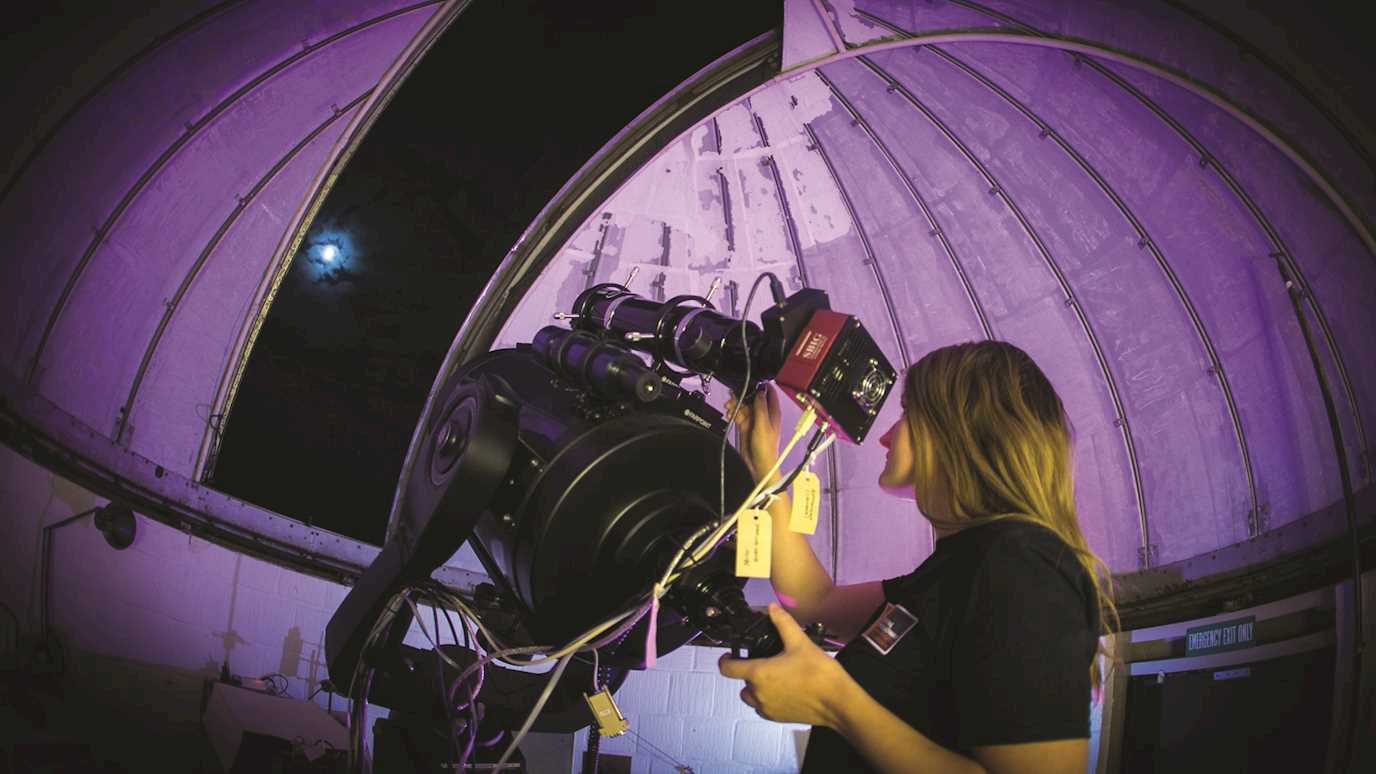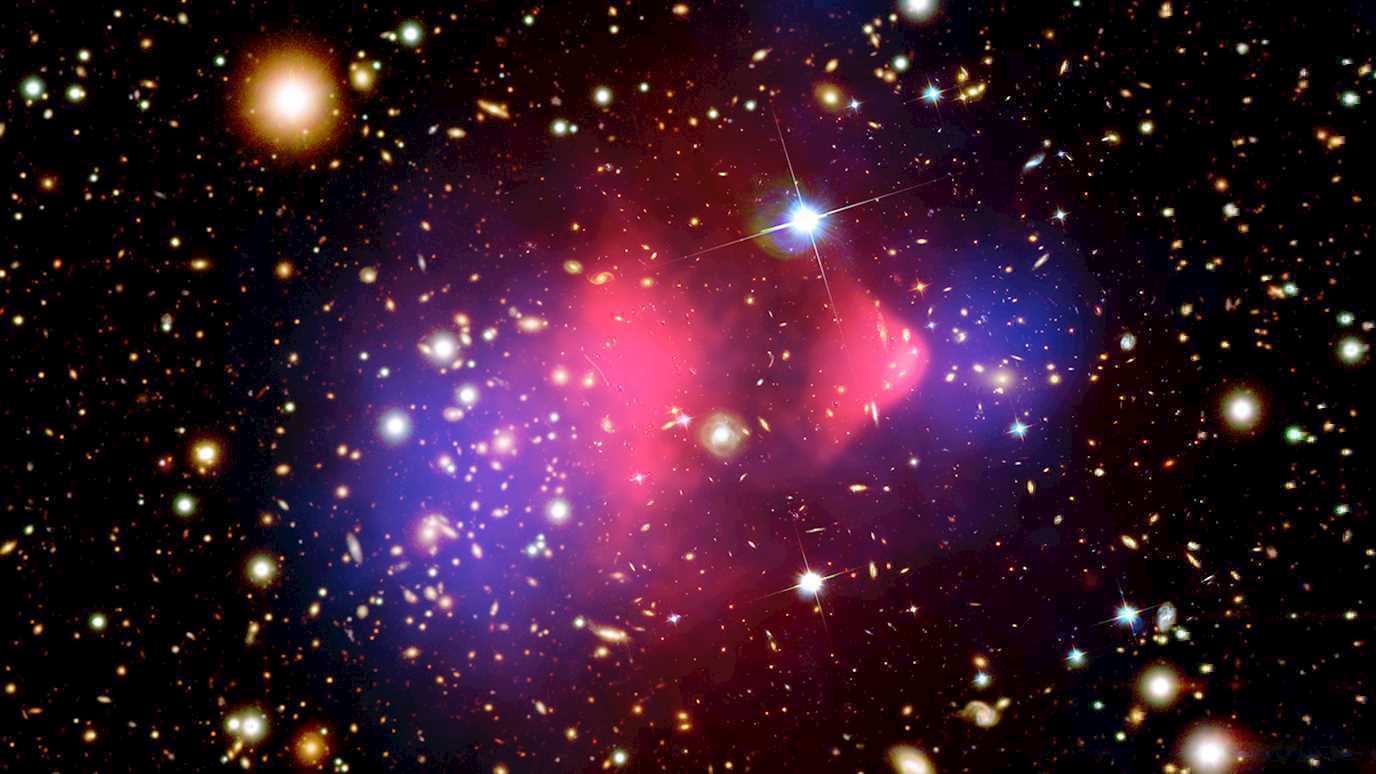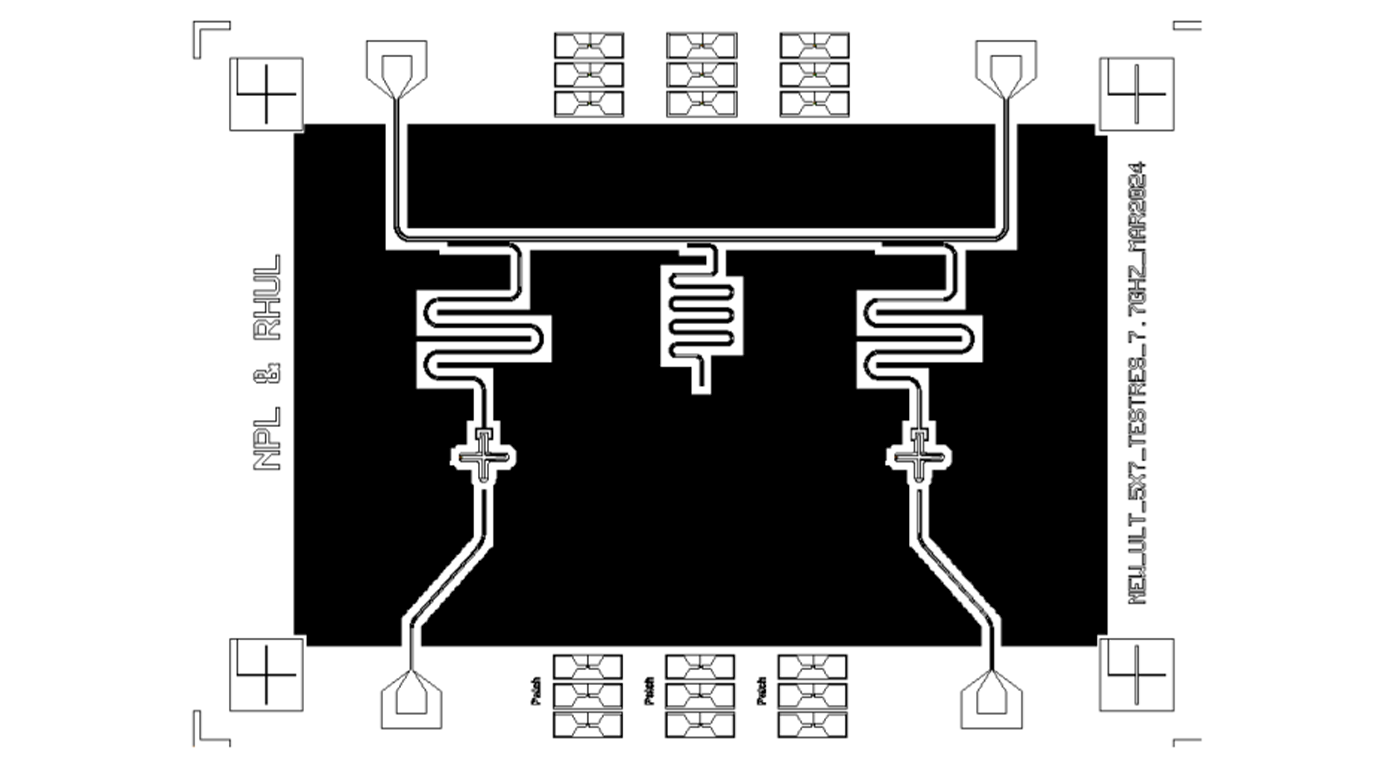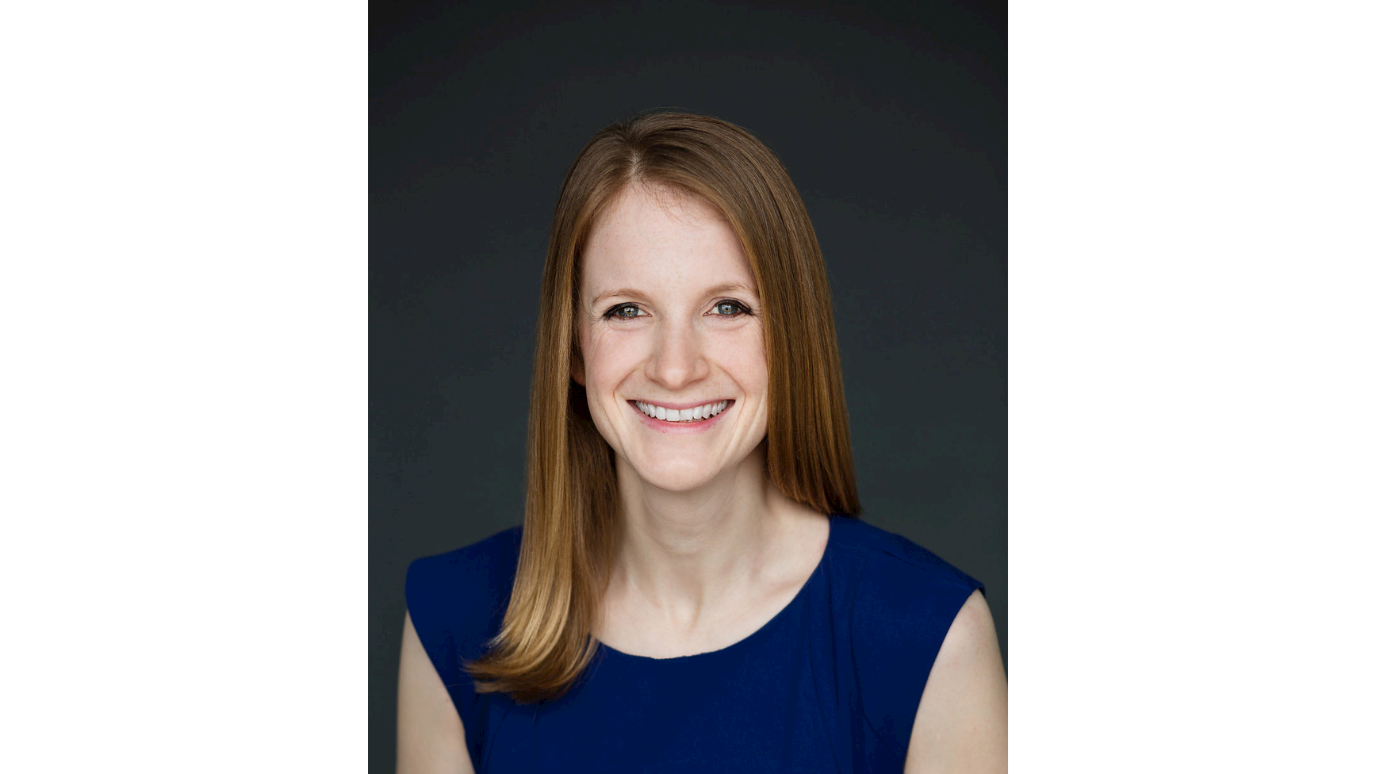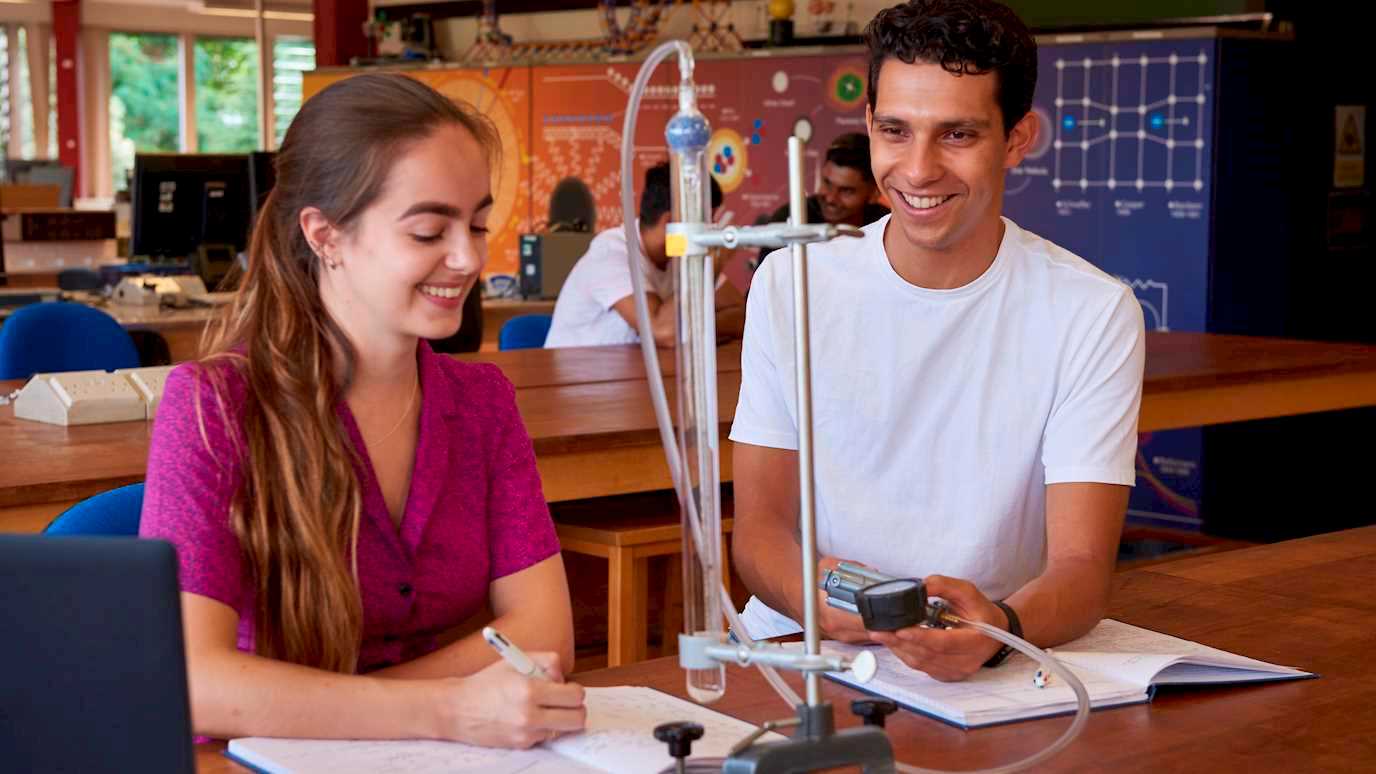The prestigious award will boost work supporting the scale-up of superconducting quantum computers, building on many years of close collaboration with the Quantum Information group at the National Physical Laboratory (NPL).
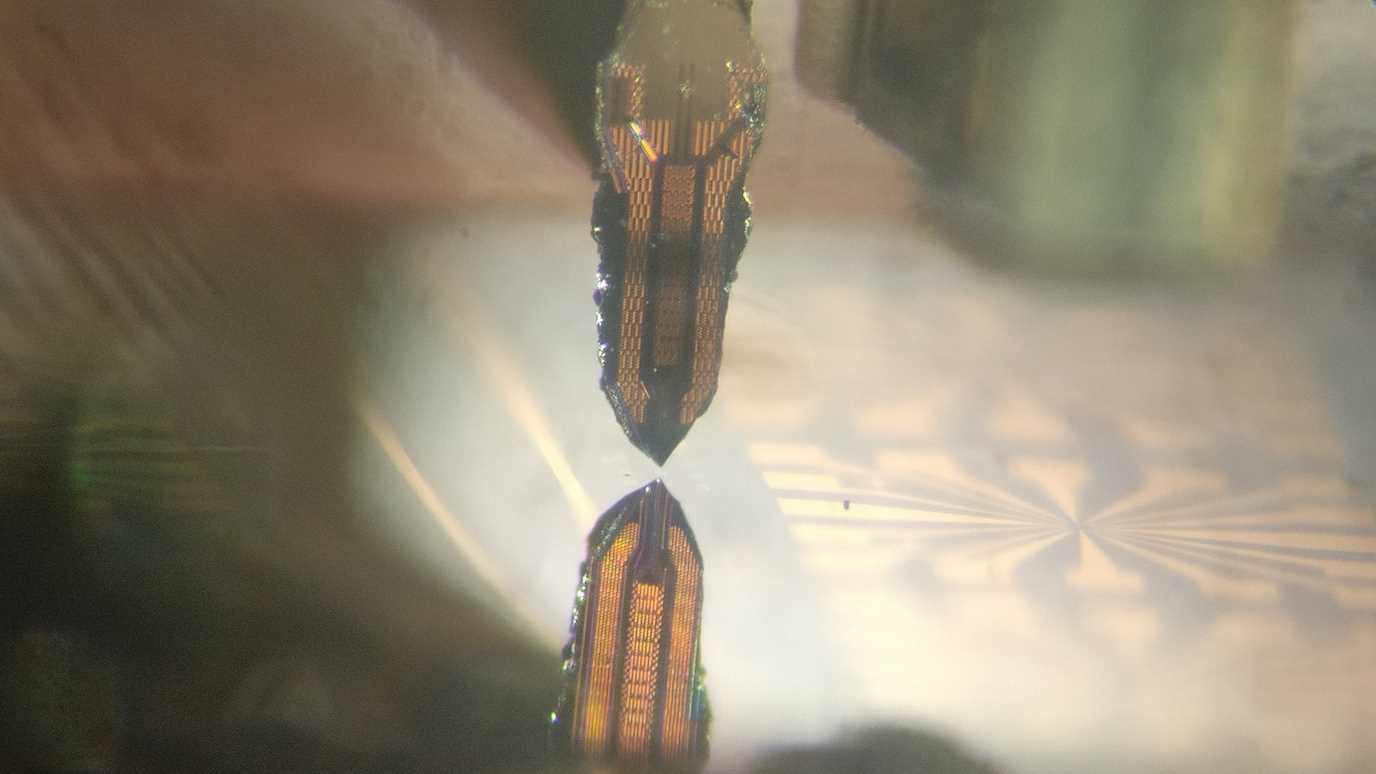
Google Faculty Research Awards fund world-class research at top universities in areas of mutual interest. One such focus area is to understand and mitigate decoherence in superconducting qubits, which lie at the heart of quantum computers. Decoherence is the process whereby qubits lose the information they manipulate by exploiting their special quantum properties. Professor Alexander Tzalenchuk will receive the award to develop “coherent near-field scanning microwave microscopy techniques” (C-NSMM). This new instrument will aim to locate and identify the atom-scale material imperfections ultimately responsible for decoherence. The project will capitalise on the research conducted over more than 5 years by Dr Sebastian de Graaf at NPL together with colleagues at RHUL. Last year, in an important step towards the goal, the RHUL-NPL collaboration resulted in the first demonstration of NSMM in the quantum regime. In that work superconductors were imaged with high spatial resolution using single photons of energy similar to that used in operation of qubits themselves.
The award is a tribute to the RHUL-NPL work in superconducting quantum technologies and an indication of the importance placed on our research direction by the leaders of the rapidly evolving quantum industry. The UK effort in quantum computing is spearheaded by the new National Quantum Computing Centre, NQCC, part of the ten year one billion pound programme to accelerate the development of quantum technologies in the country.










